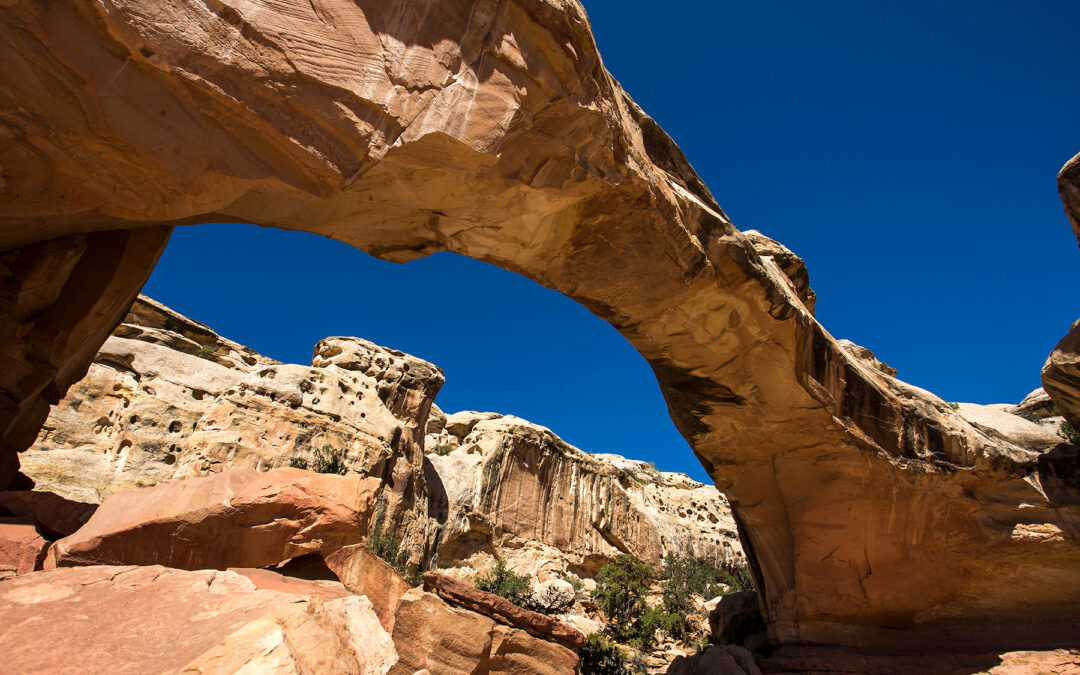Geoscience studies Earth as a whole, unified planetary system. To do this, over the past two centuries, geoscientists developed various methods, instruments and concepts; they have also integrated principles and knowledge from other sciences including chemistry and physics. What are the big questions and challenges facing geoscience today?
To answer this question, Dr. Rasoul Sorkhabi, EGI Research Professor, conducted a survey of over 100 geoscientists during 2019-20. The results of the survey are published in the June 2022 issue of Episodes: Journal of International Geoscience. Sorkhabi identified 20 big questions that lie at the frontier and cutting-edge areas of research. They fall under four broad themes: (i) Geodynamics; (ii) Climate and Life; (iii) Resources and the Environment; (iv) Community Issues.
Sorkhabi summarizes the findings as follows:
Global warming and the future of the petroleum industry top the list of challenges. Prediction and mitigation of natural hazards, especially big earthquakes and explosive volcanoes, tackling environmental degradation and pollutions of various types, as well as exploration of rare earth elements and energy minerals essential to everyday life are among the practical topics of investigation. Some of the big questions pertain to the most distant geologic past – Hadean and Eo-Archean times (4.5–3.5 Ga) – during which the primitive Earth’s internal structure, crust, atmosphere, oceans, and biosphere formed. Other questions concern those physical parts of the Earth – the mantle and the core – that are not directly accessible to us. Geoscience is far from integrating crustal phenomena and plate tectonics with the dynamics, heterogeneities, and evolution of the mantle. Causes of paleoclimate changes and mass extinctions and the relationships between these two remain fertile fields of research. Extraterrestrial influences such as lunar gravitational stresses, and meteorite impacts should be better integrated into earth system science. Geoscience education and workforce, public perception and support for geoscience, and the role of geoscientists in impacting policies are critical areas of attention and action.
You can read the full article here.

